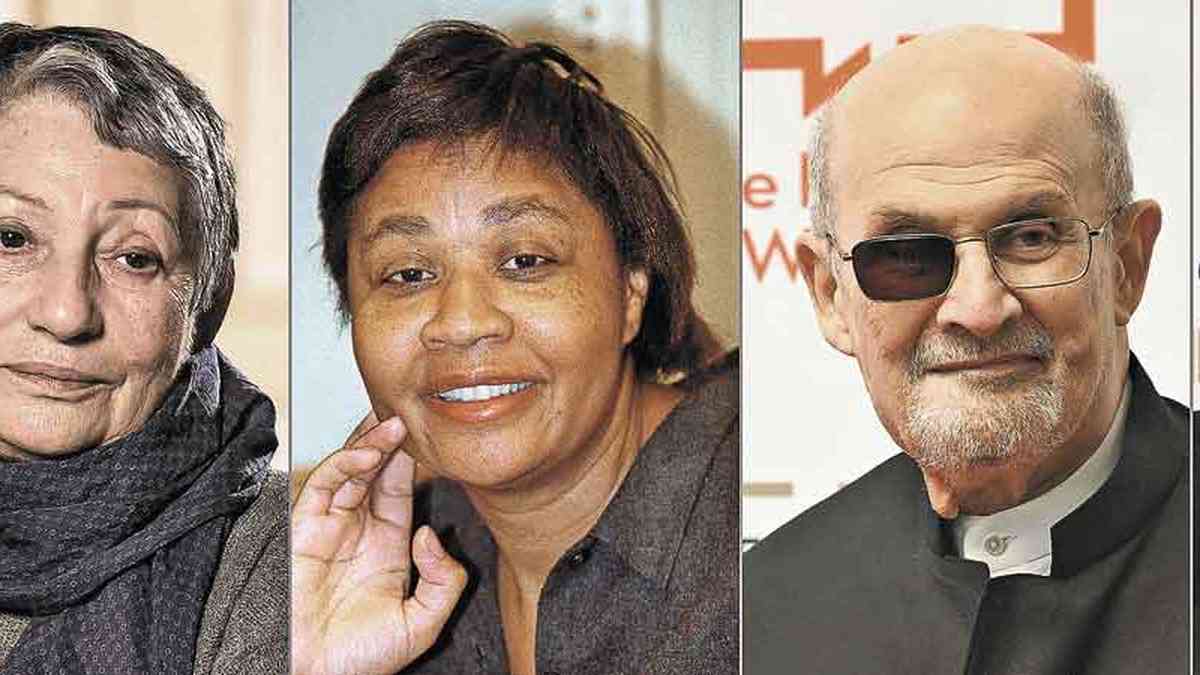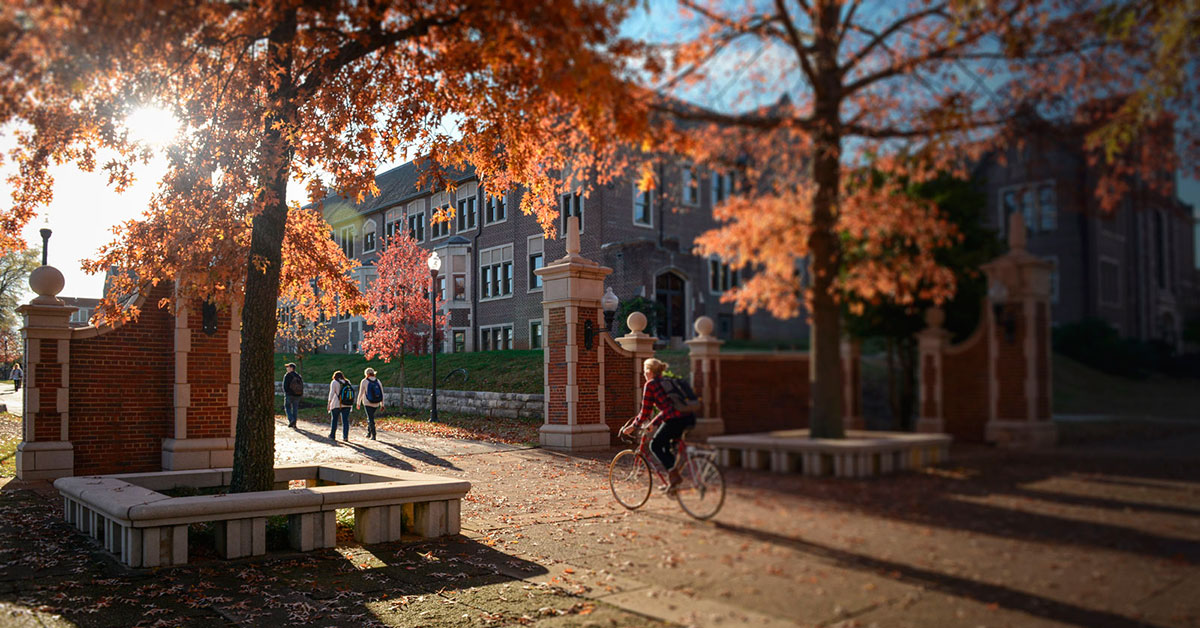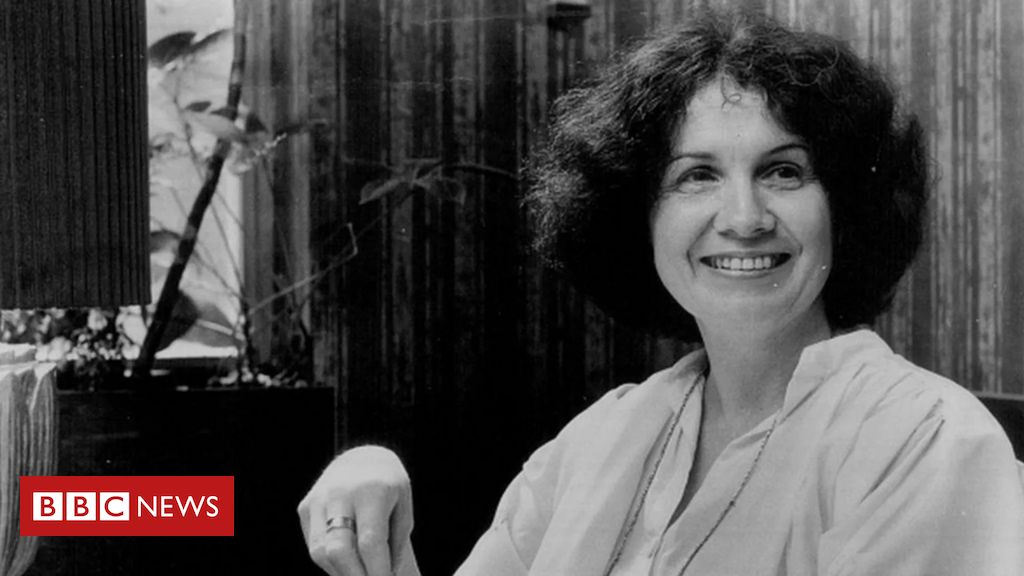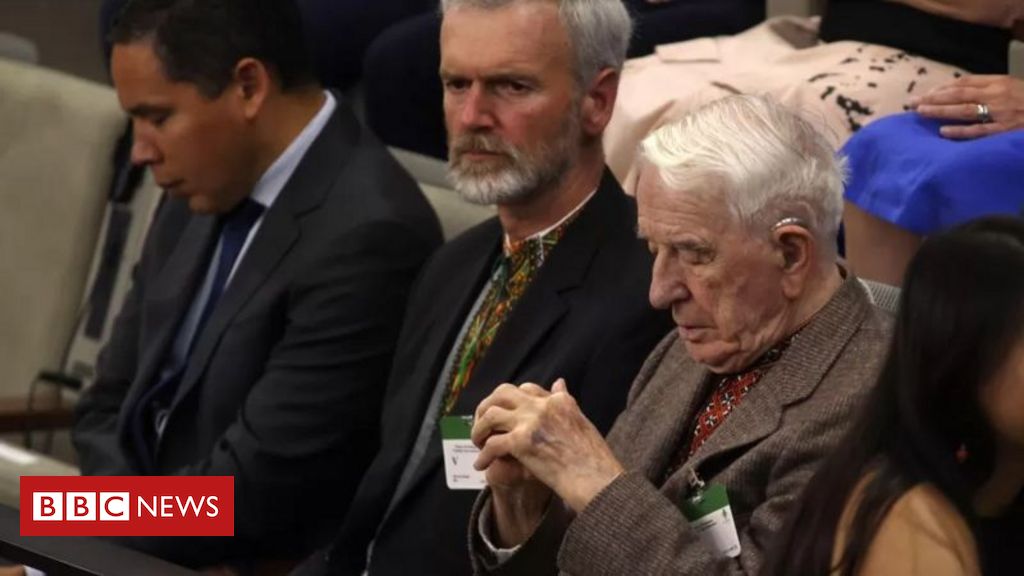Could the Swedish Academy make a political speech when announcing the Nobel Prize for Literature next Thursday (5/10)? If so, authors who defend freedom of expression could be covered, experts say.
For Lisa Irenius, cultural editor of the Swedish newspaper Svenska Dagbladet, if the Nobel Prize for literature goes to Ulitskaya, who lives in exile in Germany, it would be a way of indicating that “literature remains free in the face of politics”. .
According to Bjorn Wiman, cultural editor of another Swedish newspaper, Dagens Nyheter, the prize awarded to this Russian author would represent “a very political message”.
Wiman also thinks there’s a chance for Caribbean American Jamaica Kincaid, whose novels are based on her family’s life and her experiences with colonialism and racial issues. But his favorite for the award is Rushdie.
“It’s time for him to win, and if he does, hats off to the Academy” for defending the freedom of expression that Rushdie embodies, the editor said.
ADVANCES IN DIVERSITY
The Swedish Academy has been criticized for the predominance of Western, white and male authors among the winners. Since the creation of the Nobel Prize for Literature, only 17 women have won this category, out of a total of 119 laureates.
Shaken by the #MeToo scandal in 2018, followed by the controversial nomination of Austrian Peter Handke – favorable to former Serbian President Slobodan Milosevic, accused of genocide – for the 2019 Nobel Prize, she sought to change her image.
Last year, she bestowed the honor on French feminist icon Annie Ernaux. The previous year, it was the turn of British novelist of Tanzanian origin Abdulrazak Gurnah to be rewarded for his work exploring the evils of exile, colonialism and racism.
“In recent years, there has been a greater awareness that we cannot remain in a Eurocentric perspective, that we need more equality and that the prize must reflect the times,” said Carin Franzen, professor of literature. at Stockholm University.
Several members of the Academy, composed of authors, historians, philosophers and linguists, have participated in political and social debates, organized seminars on freedom of expression and equality and published articles of opinion in the Swedish press.
“It was unthinkable five years ago,” said Wiman, referring to the previous, more closed formation.
To deliver on its promise of greater diversity, the Academy began consulting external experts to better understand the scope of work coming from remote locations.
OTHER NAMES
“Given the Academy’s promise to look at other geographic regions, I fear we may find ourselves without the knowledge to guess the winner, even if he or she has a doctorate in literature,” admitted Victor Malm, culture editor at the popular newspaper Expressen.
Other names speculated for this category include Norwegian writer Jon Fosse, Chinese writer Can Xue, Romanian author Mircea Cartarescu, Hungarians Peter Nadas and Laszlo Krasznahorkai, Albanian Ismail Kadare, Kenyan Ngugi wa Thiong’ o and the Canadian Margaret. Atwood, author of the famous 1985 novel “The Handmaid’s Tale.”
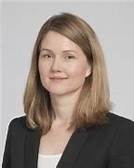
“Prone to fits of apathy. Beer evangelist. Incurable coffeeaholic. Internet expert.”

